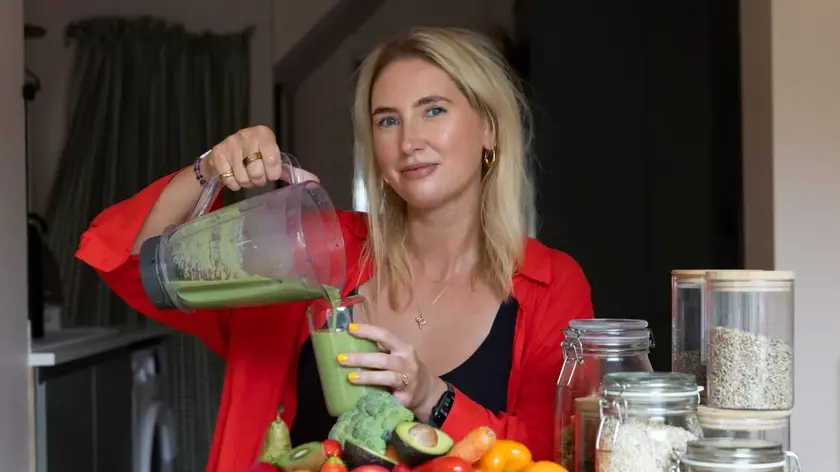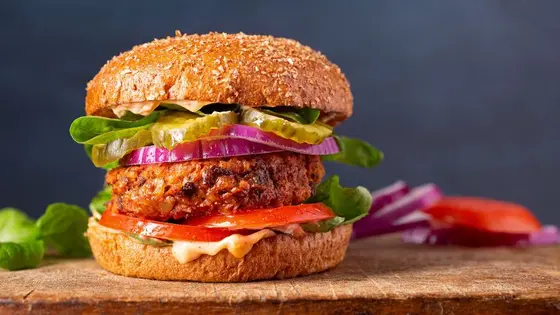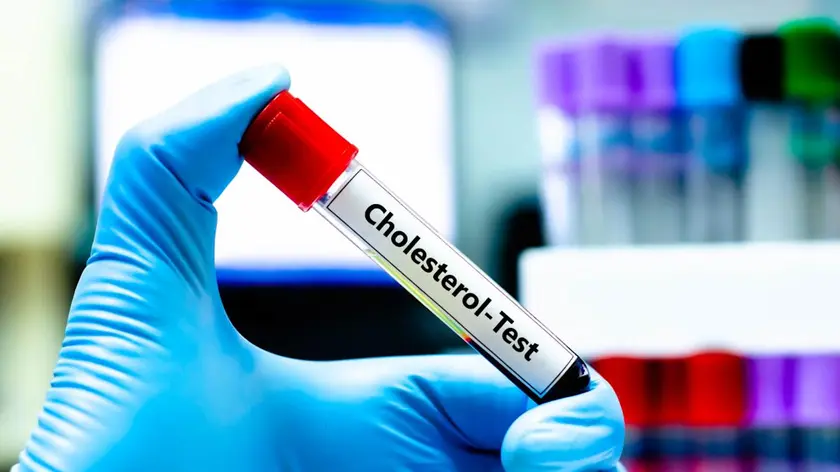T4K3.news
High Salt in Breakfast Ties to Heart Risk
A cardiologist warns that common breakfast foods may be high in sodium and urges readers to choose fiber and protein rich options.

A cardiologist warns that common breakfast foods can be high in sodium and suggests heart friendly morning habits.
High Salt in Breakfast Ties to Heart Risk
A cardiologist cautions that breakfast choices can quietly affect heart health because sodium hides in many morning staples like bread, muffins and even breakfast pastries. High sodium intake can raise blood pressure and, over time, increase the risk of heart failure. A study cited in the piece links a high sodium diet with a higher chance of cardiovascular disease, reinforcing a longstanding public health message to limit sodium to about 1,500 milligrams per day. The article also notes that processed breakfast meats bring saturated fat along with salt, which can worsen cholesterol levels and heart risk.
To counter these risks, the piece points to gentler options such as eggs, unsweetened yogurt, low-sodium cottage cheese and tuna. It also highlights the value of fiber, recommending around 5 grams at breakfast, and 20 to 30 grams of protein to stabilize blood sugar and support fullness. Added sugars are discouraged, with a suggestion to favor whole fruits. Beyond what you eat, the article offers morning habits that can help heart health: hydration first, light activity, mindfulness, and exposure to natural light to start the day.
Key Takeaways
"Hydrate first thing, not rush to coffee."
Advice from a registered dietitian on starting the day.
"Fiber helps lower total and LDL cholesterol."
Expert guidance on fiber as a heart support.
"Morning light exposure can help reduce blood pressure."
Reference to research on light and cardiovascular health.
"Stress management matters for heart health in 60 seconds."
Editorial emphasis on quick mindfulness practice.
The article translates a dense medical topic into practical daily steps, aiming for clarity without oversimplification. It emphasizes a clear message: look for hidden sodium and choose whole foods that support both heart health and metabolic balance. That focus on small daily changes mirrors a broader trend in public health toward tangible behaviors over sweeping dietary revolutions.
Yet the piece hints at broader challenges. Reformulating breakfast foods and shifting habits requires consideration of cost, taste, and accessibility. Readers may need more guidance on how to read labels, compare products, and build routines that fit busy lives. The piece could deepen the conversation by linking sodium reduction to real-world options in schools, workplaces and food retail. Overall, it sets a constructive path that blends nutrition science with everyday choices, without promising instant miracles.
Highlights
- Hydrate first thing not rush to coffee
- Fiber at breakfast protects heart health
- Morning light can help regulate blood pressure
- Even 60 seconds of deep breathing matters
Small morning choices can build a stronger heart over time.
Enjoyed this? Let your friends know!
Related News

Health tips and regulation update

Foods Linked to Worsening Inflammation Identified

New dietary trend fibermaxxing boosts energy and reduces snacking

Eggs stay a breakfast staple

Potato guide changes how we think about fries

New studies link fibre to reduced cancer risks

Nutrition experts promote affordable superfoods

Experts advocate for reevaluating plant-based meats
